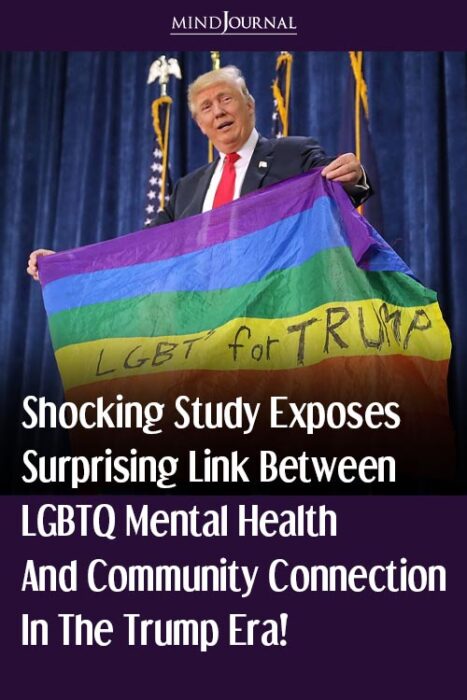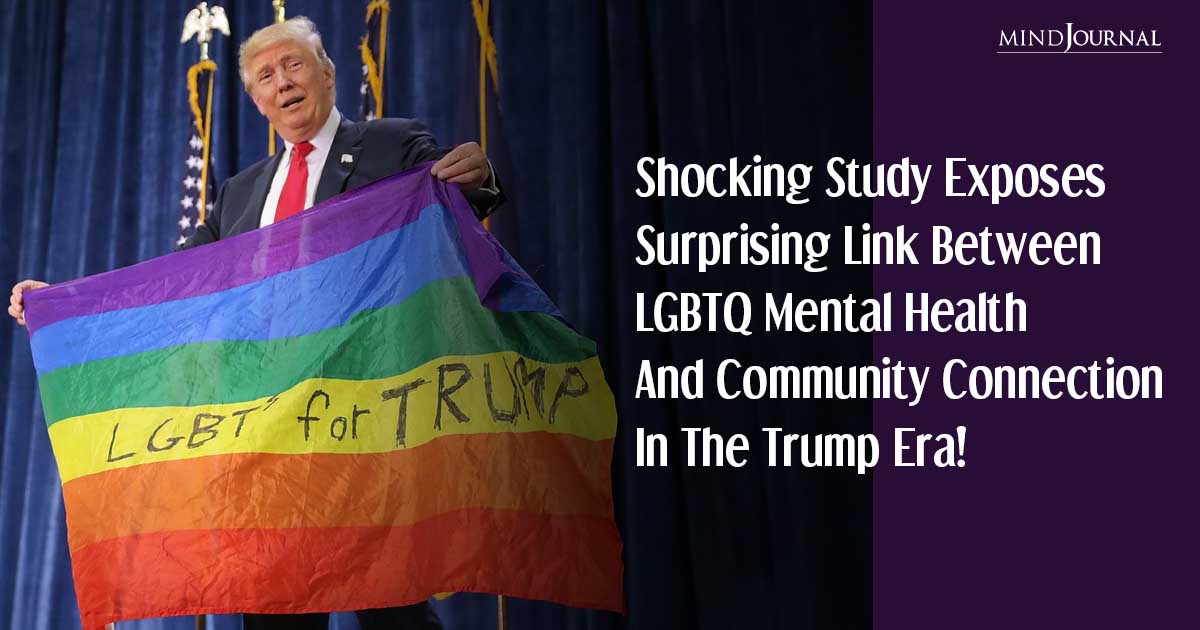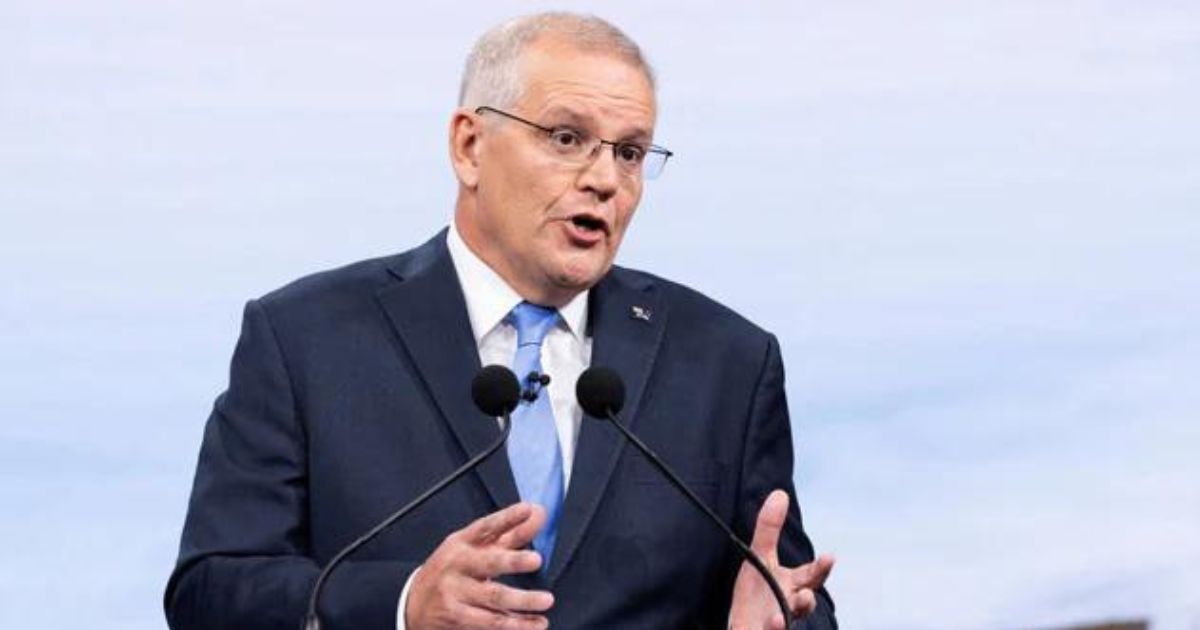In a recent study published in Psychology of Sexual Orientation and Gender Diversity, researchers examined the impact of community connections on LGBTQ mental health in the Trump era.

Read more here: Florida Travel Advisory Issued by LGBTQ+ Rights Group Sparks Controversy And Urges Vocal Opposition
Understanding LGBTQ Mental Health In The Trump Era
The findings revealed surprising results, shedding light on the complex relationship between rumination about sexual orientation or gender identity, community connection, and negative mental health outcomes.
This study has important implications for counselors and clinicians working with LGBTQ clients, as well as for understanding the broader impact of political climates on mental well-being.
The Trump administration, known for proposing legislation that aimed to restrict the rights of sexual and gender minority individuals, served as the focal point of this study.
The researchers recognized the need to explore how such political and social events affected the mental health of LGBTQ individuals, particularly in contrast to the progressive advancements made during the Obama administration.
The study involved the recruitment of 250 adults residing in the United States who identified as sexual or gender minorities.
Read more here: 50+ Inspiring Pride Month Quotes To Celebrate Love And Equality
The participants, primarily White and ranging in age from 18 to 61 years, completed an online survey assessing various aspects of their mental health and community connection.
The survey took place from March to June 2018, providing insights into LGBTQ experiences in the Trump era.
Surprising findings emerged, challenging assumptions about the relationship between rumination on sexual orientation or gender identity and negative mental health symptoms. Community connection was revealed to play a complex role in this relationship.
Surprisingly, individuals who felt highly connected to the LGBTQ community were more likely to experience negative mental health outcomes compared to those with an average level of connectedness.
This challenges the notion that increased community connection always leads to better mental health.
These unexpected findings hold significant implications for counselors and clinicians working with LGBTQ clients.
It suggests that some individuals who feel separated or isolated from the LGBTQ community may experience more severe negative mental health outcomes.
This is in contrast to those with an average level of connectedness, who may have better mental health outcomes.
Recognizing the diverse experiences within the LGBTQ community is crucial in providing effective support and interventions.
Counselors and clinicians should consider the impact of community connection and tailor their approaches accordingly.
Read more here: After Bebe Rexha Singer Ava Max Faces Attacks In Concert, Prompting Safety Concerns
Intriguingly, the impact of community connection on the relationship between gender identity rumination and mental health among transgender individuals was not found to be significant.
These findings suggest that factors beyond community connection may have a stronger influence on the mental health experiences of transgender individuals.
However, it is important to note that the study had a smaller sample size of transgender participants, which may limit the generalizability of these findings.
The researchers acknowledged that participants in this study might have been affected by negative experiences associated with anti-LGBTQ events during the Trump era.
Future research should explore how community connection functions in different political contexts, considering both prolonged anti-LGBTQ administrations and more supportive administrations.
In conclusion, this study highlights the intricate relationship between community connection, rumination about sexual orientation or gender identity, and negative mental health outcomes among LGBTQ individuals during the Trump era.
It challenges the assumption that greater community connection always leads to better mental health outcomes, emphasizing the need for tailored approaches in counseling and clinical practices.
Further research can provide valuable insights into the long-term effects of political climates on LGBTQ mental well-being, promoting greater understanding and support for this resilient community.









Leave a Reply
You must be logged in to post a comment.